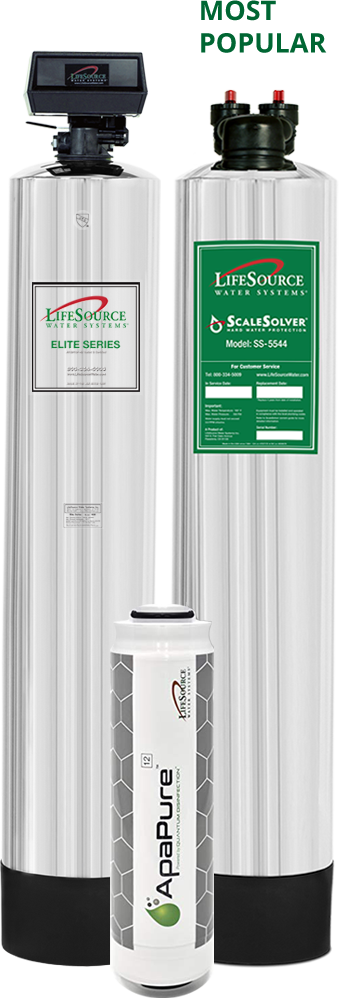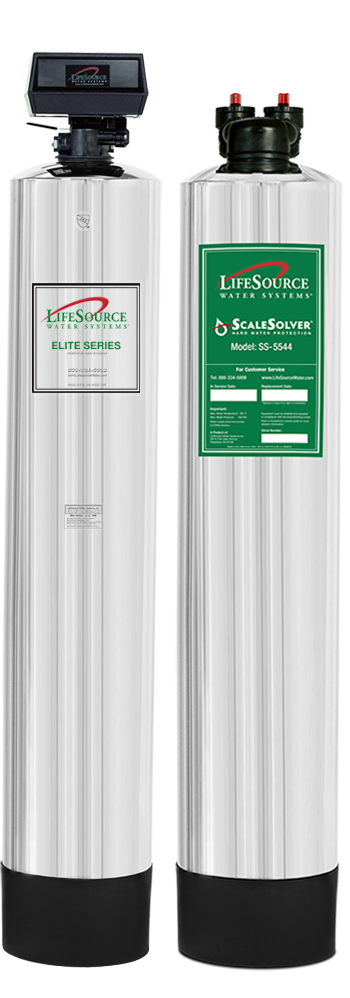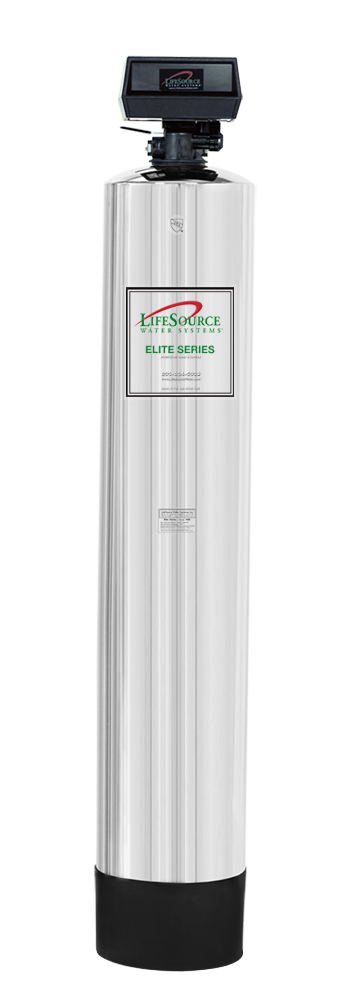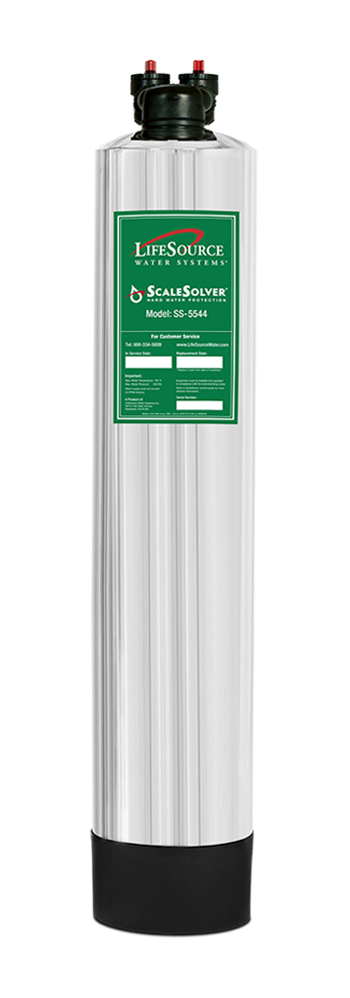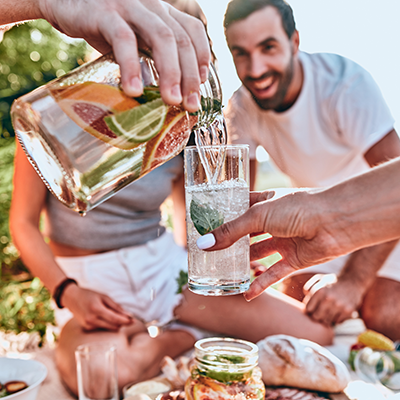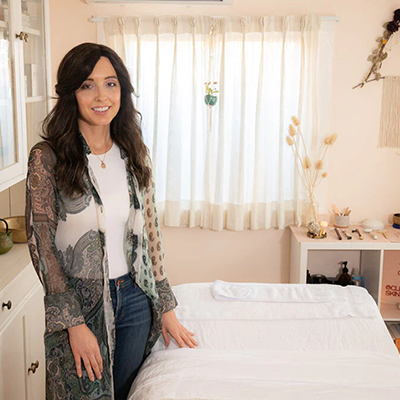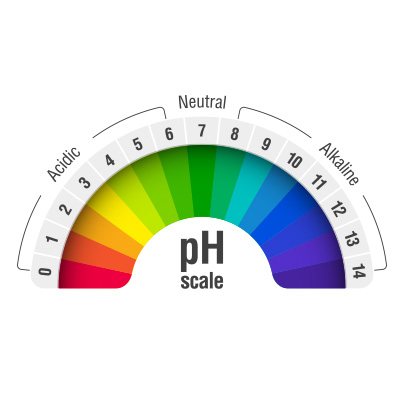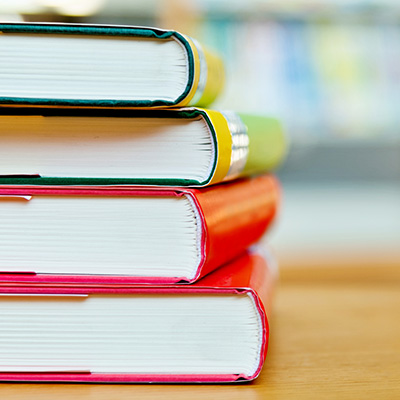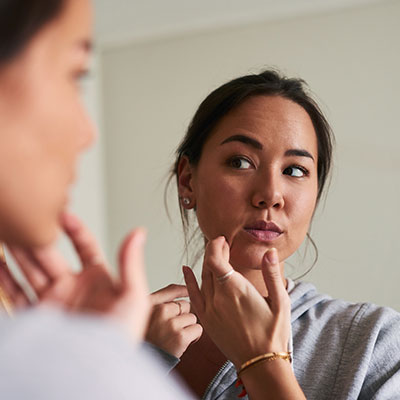
How Do You Like Your Water?
Bubbly or flat, make sure it’s filtered.
Let’s start with the basics. There are two most common types of bubbly water:
Carbonated water is when a company takes flat water and adds carbon dioxide at such high pressure it creates bubbles in the water. This is the most common method used to create the many bubbly beverages taking over refrigerators across the country.
Sparkling mineral water is naturally bubbly and sourced directly from mineral springs. The bubbles in mineral water are caused by natural gases (although, some brands add more bubbles). Sparkling mineral waters have more distinct tastes. The taste varies based on where the mineral spring is located. The amount and type of natural minerals impact the taste of the water. This is why a brand like Topo Chico, which is bottled in Monterrey, Mexico, tastes different than Perrier, which is bottled in Les Boulliens, France.
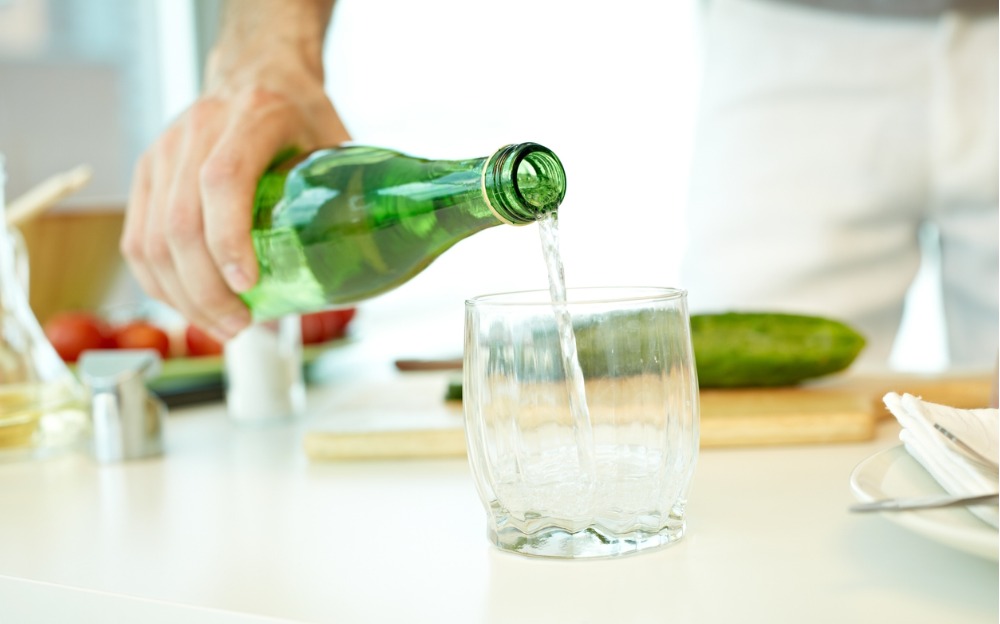
Bottled water, including carbonated water, is regulated differently from tap water. The Environmental Protection Agency (EPA) is responsible for regulating our tap water, while the U.S. Food and Drug Administration (FDA) regulates bottled and canned water. According to the FDA, “waters with added carbonation, soda water (or club soda), tonic water and seltzer historically are regulated by the FDA as soft drinks.” What does this mean? It means that bottled/canned water is not held to the same Safe Drinking Water Act that the EPA adheres to with their regulation and testing of tap water.
The FDA requires less frequent testing and does not monitor for all the same contaminants in water as the EPA. Another thing to keep in mind is that the FDA is not required to provide their water quality reports to the public, leaving us to guess at the true quality of bottled/canned water.
Drinking bottled or canned carbonated water is generally safe. However, as Dr. Mark Hyman (author of Food: What the Heck Should I Cook?) pointed out in an interview with Katie Couric, “It’s not as good as filtered water, though, because you don’t know what the original water quality was like.”
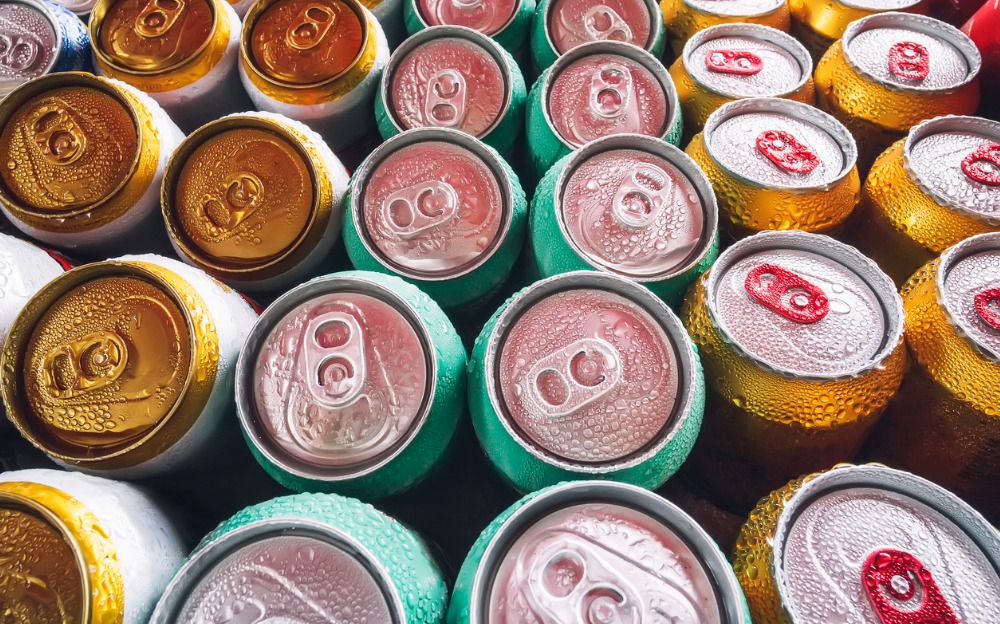
Bubbly water can be refreshing and a nice change to flat water. If you’re trying to cut down on soda or sugary drinks, bubbly water can be a nice alternative.
Is there such a thing as too many bubbles? There is nothing inherently bad about carbonation. However, there can be some drawbacks to drinking too much bubbly water.
Bubbly water fills your belly up with air, which means you may not drink as much water as you would with plain water, and may not stay as hydrated.
All those bubbles may cause you to feel bloated or gassy after drinking carbonated water. This can be especially uncomfortable if you’re working out or having an active day. On the other hand, filling up on bubbles may help you avoid over-snacking on salty or sugary foods.
Always read the label to check if there is any sugar or artificial flavorings added to bubbly water. If a carbonated drink contains sugar, then it is should no longer be considered plain water. Some brands add sugar or juice to their bubbly water for flavor. Sugar affects your blood sugar levels and can be harmful to your teeth enamel. For example, tonic water gets its unique, slightly bitter taste from quinine, and usually contains sugar or fructose to even out the flavor.
A home carbonation machine is one of my top go-to gifts for friends and family. Making your own carbonated water means you can control the water quality of your bubbly water! Using your own filtered water ensures there are no mysterious flavorings, added sugars or sodium. A whole house water system gives your filtered, high-quality water from every tap in your home, so you can make clean, refreshing bubbly water whenever you want! Personally, I like to infuse my homemade bubbly water with lemon, orange peel or mint leaves to give it some truly natural flavor.
However you decide to drink water, flat, filtered water is ultimately the best way to regularly hydrate. Bubbles are fun, but it’s more important to consider the quality of the water and focus on staying hydrated.

